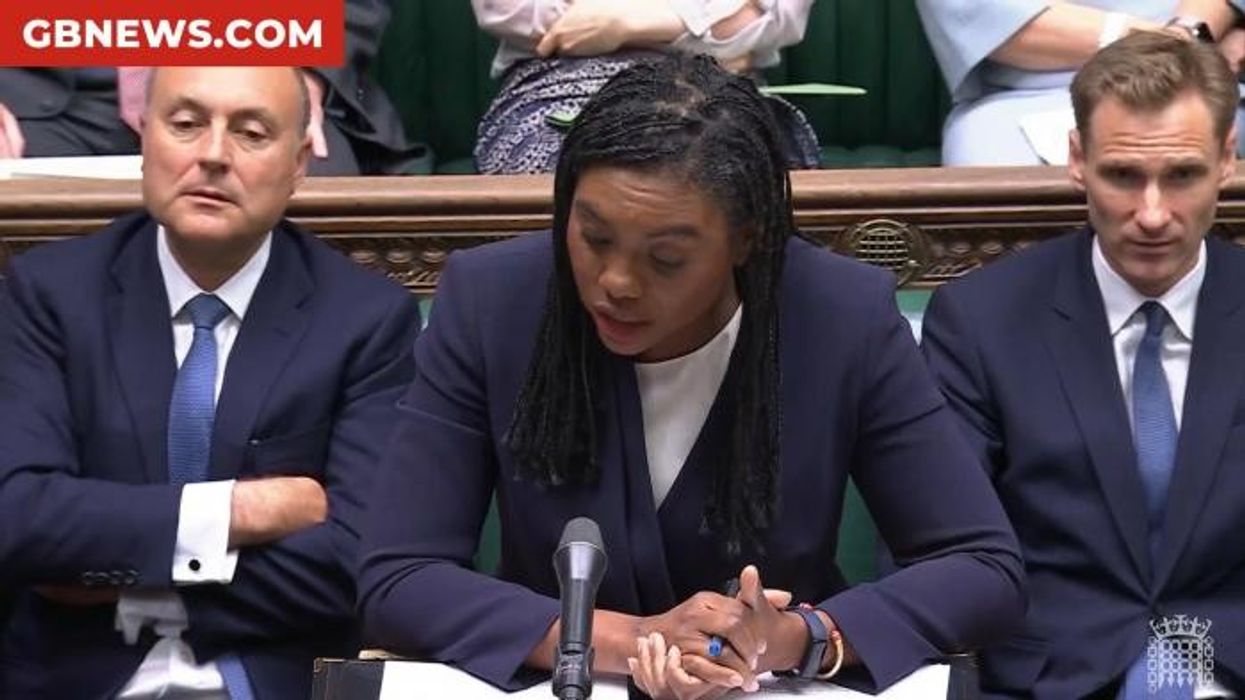Retirement crisis looms as Britons face 'raiding pension pots' to pay off mortgages past state pension age

Mortgage terms are stretching into retirement as buyers try to cut monthly costs amid rising house prices
Don't Miss
Most Read
A growing number of homeowners are locking themselves into deals that could follow them past state pension age.
New figures show a sharp rise in ultra-long mortgages, raising fresh concerns about how people will cope financially in later life.
Around 30,338 people aged over 36 took out mortgages lasting 35 years or more in 2024 alone, new data from the Financial Conduct Authority has shown.
That marks a 251 per cent increase compared to 2019, when only 8,639 borrowers in that age group signed up for such extended terms.
The surge means tens of thousands will still be making monthly repayments well beyond the state pension age, with many continuing into their seventies.
The shift towards longer mortgage terms comes amid rising house prices and affordability pressures. Many buyers are turning to extended loans as a way to reduce their monthly costs and ease the strain on household budgets.
Over the past two years, nearly 52,000 people aged over 36 have taken out these ultra-long mortgages, signalling a wider shift in how Britons are financing their homes and how long they expect to keep paying.
Younger borrowers are similarly affected, with 98,370 people between 31 and 35 securing 35-year mortgages in 2024. This marks a 56 per cent increase from 2019 levels and means these homeowners could still be servicing debt when they reach the current state pension age of 66.
The figures, obtained through a Freedom of Information request by wealth firm Quilter, show how rising housing costs are forcing people to take on longer-term financial commitments.
For borrowers in their late thirties or forties, this means mortgage payments could continue well into their seventies.

Retirement crisis looms as Britons face 'raiding pension pots' to pay off mortgages
| GETTYHomeowners taking out ultra-long mortgages could end up paying tens of thousands more over the lifetime of their loan, Quilter figures show.
A £200,000 mortgage at a typical rate of 5.01 per cent costs around £1,170 a month over 25 years. Stretching the term to 35 years cuts the monthly bill to £1,010, saving £160 each month and easing short-term financial pressure.
But that smaller payment comes at a high long-term cost. Over 35 years, total repayments hit £424,473, compared to £351,103 over 25 years. That’s an extra £73,370 for the same loan.
Experts warn this is the hidden price of affordability, as more borrowers sacrifice long-term value to reduce immediate expenses.

Homeowners taking out ultra-long mortgages could end up paying tens of thousands more over the lifetime of their loan
| PAThis shift comes as wider concerns grow over retirement savings. The Government’s newly revived Pensions Commission has warned that around 15 million people are not saving enough for later life.
The report says self-employed workers, women and lower-paid private sector employees are most at risk of pension poverty in the years ahead.
Taken together, long mortgage terms and poor pension savings point to a growing financial squeeze in retirement. Many people could find themselves trying to cover mortgage repayments while living on a reduced income.
Former pensions minister Steve Webb warns that homeowners may need to "raid their pension pot" to clear mortgage debts, further depleting retirement resources.
Webb expressed serious reservations about the long-term implications: "Taking out a super-long mortgage in your thirties or forties can seem like a good way to get on the housing ladder, but it is fraught with risks."
He questioned whether lenders can responsibly assess borrowers' financial circumstances decades into the future.
He said: "With millions of people not saving enough for their retirement, they can ill afford to divert part of their pension pot to clearing a mortgage or paying mortgage interest into retirement."
However, Quilter's mortgage specialist Zara Bray offered a more nuanced perspective. She suggested that extending mortgage terms "doesn't need to be viewed negatively" if managed properly.
She told The i Paper: "The key to avoiding challenges with a long-term mortgage later in life is to regularly speak to your adviser," Bray explained.
Bray explained that remortgaging to better rates or shorter terms, making overpayments, or eventually downsizing could all help manage debt in later life.
More From GB News











